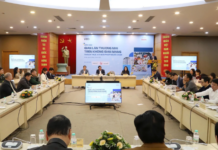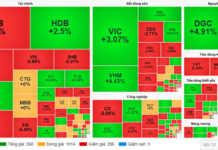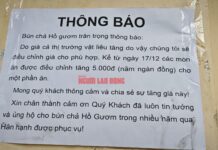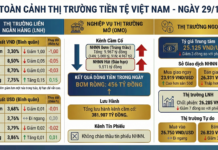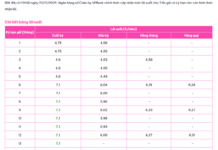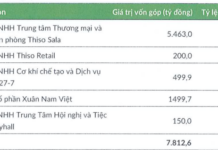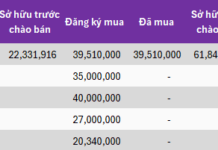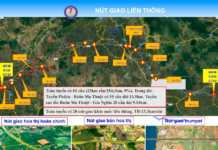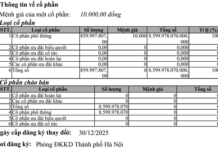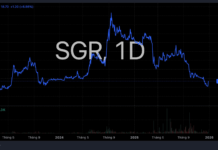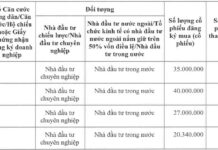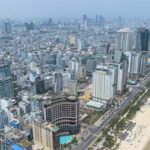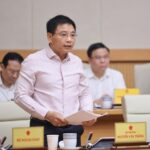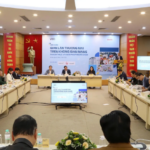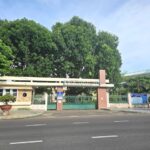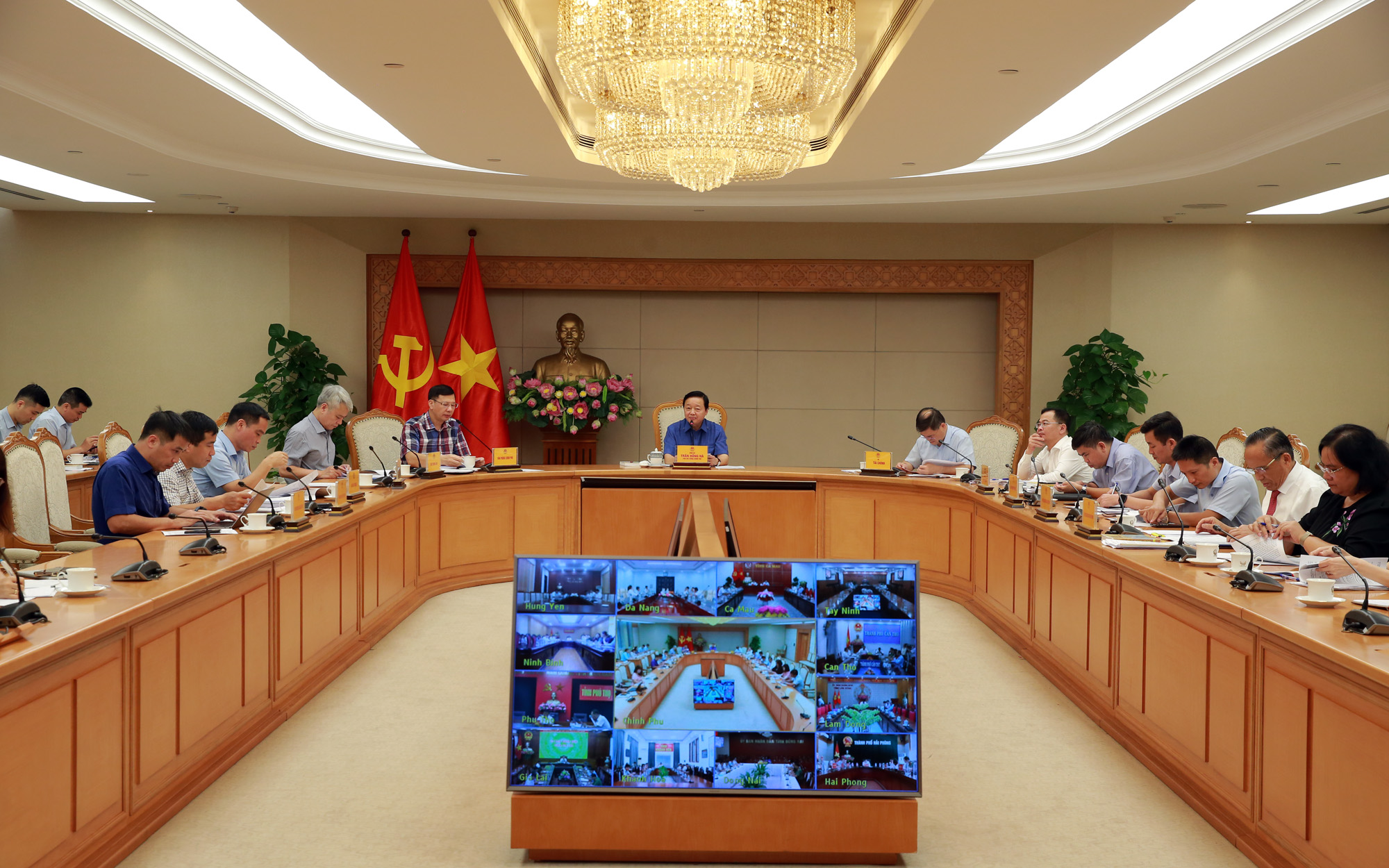
Illustrative image.
The meeting will take place at 8 AM on August 13, 2025 (Wednesday), and will be chaired by Deputy Prime Minister Tran Hong Ha.
According to the document, the meeting will be held in a hybrid format, with the main venue being the Government Headquarters and the People’s Committees of provinces and centrally-run cities.
Attendees at the Government Headquarters venue include:
Deputy Prime Minister Tran Hong Ha.
Acting Minister of Agriculture and Environment.
Leaders of ministries and ministerial-level agencies: National Defense, Public Security, Finance, Justice, Construction, Education and Training, Science and Technology, Government Inspectorate, State Bank of Vietnam, and Government Office.
Leader of the Vietnam Fatherland Front Central Committee.
Leader of the Supreme People’s Court.
Leader of the Central Economic Commission.
Leaders of National Assembly agencies: Committee for Ethnic Affairs, Committee for Economic and Financial Affairs, Committee for Legal Affairs, and Committee for Judicial Affairs.
VCCI – Vietnam Chamber of Commerce and Industry.
Leader of the Vietnam Real Estate Association.
Experts: Dr. Can Van Luc, Prof. Hoang Van Cuong, Dr. Vo Chi Thanh.
Attendees at the venues of People’s Committees of provinces and centrally-run cities include:
Leaders of People’s Committees of provinces and centrally-run cities.
People’s Committees of provinces and centrally-run cities are requested to invite leaders of relevant departments and sectors to attend the meeting at the local venue.
Ho Chi Minh City Real Estate Association will attend the meeting online at the Ho Chi Minh City People’s Committee venue.
The Government Office requests the Ministry of Agriculture and Environment to prepare 50 sets of documents to be distributed at the Government Headquarters.
Ministries, agencies, and localities attending the meeting are required to ensure the attendance of the right members and send one official to accompany the leader to the Government Headquarters venue.
Previously, on August 8, the Ministry of Agriculture and Environment organized a conference in Hanoi to collect opinions from ministries, sectors, and northern provinces and cities on the draft Law amending and supplementing a number of articles of the Land Law.
After nearly a year of implementation, the Law and its guiding documents have gradually come into life, making positive contributions to socio-economic development, ensuring national defense and security. Many administrative procedures have been reformed and renewed; state management content has been updated to meet development requirements, helping to unlock resources for the country.
However, as the country is entering a new stage of development with increasingly high requirements for prosperity, civilization, and international integration, some resolutions of the Party’s Politburo and Central Committee have set out major orientations for socio-economic development, national defense and security, and institutional building related to land management. Therefore, some regulations in the 2024 Land Law have revealed limitations and fail to meet practical demands.
Based on the directions of the Politburo and the Government Party Committee, relevant agencies were requested to evaluate the 3-year implementation of Resolution 18 and the 1-year enforcement of the Land Law to serve as a political foundation for reviewing and amending the Law, ensuring its alignment with the country’s development requirements and the two-level local government model.
“A Proposal for a Self-Declaration and Self-Payment System for Land Use Charges”
The Ho Chi Minh City Institute of Resource Economics and Environment has proposed that businesses be allowed to self-declare and pay land use fees independently. This proposal aims to streamline procedures, reduce arrears, and boost investment activities by granting businesses autonomy in declaring and paying land use fees.
“Deputy Minister of Agriculture and Rural Development: Land Valuation Independence from Consultants and Secondary Market Influence”
According to Deputy Minister of Agriculture and Environment Le Minh Ngan, the proposed points in the draft amendment and supplement to several articles of the 2024 Land Law are not numerous, but they are all crucial issues.
Reforming the Land Law: Multiple Localities Petition to Remove the Proposed Commune-Level Land-Use Planning Requirement
Are there any other adjustments you would like to make to this text?
“When providing feedback on the revised Land Law, several northern localities proposed removing the suggested period for communal-level land-use planning. They argued that instead of having a fixed planning period, it would be more efficient to implement a five-year communal land-use plan that can be adapted and adjusted as needed.”
Unlocking Public Investment Capital: Navigating Obstacles for Expedited Disbursement.
The Ministry of Finance has identified several bottlenecks hindering the progress of capital disbursement for public investment. These challenges primarily revolve around land clearance issues, shortages of construction materials, and delays in approval and adjustment of planning. To address these issues, the Ministry has proposed a range of pivotal solutions to expedite the capital disbursement process for public investment projects.

